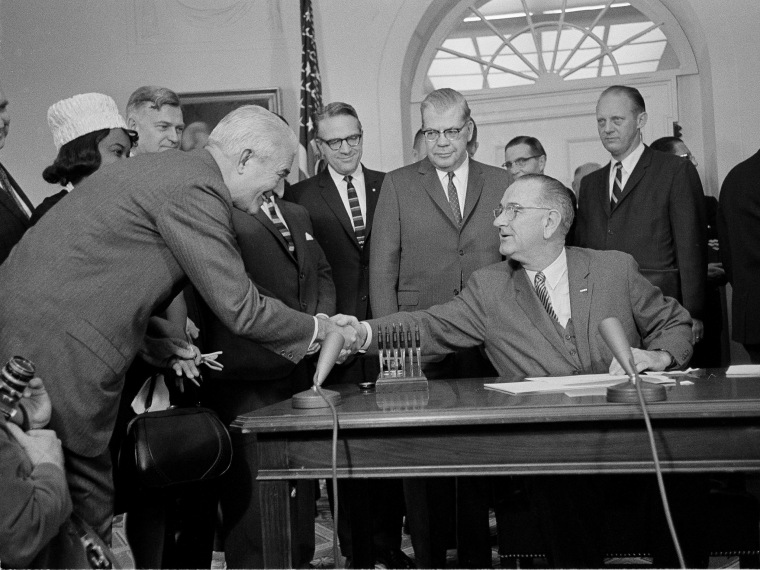There have been only a few transformative presidents in the last hundred years: Theodore Roosevelt, Woodrow Wilson, Franklin Roosevelt, Lyndon Johnson, and Ronald Reagan. They are not always “great” presidents, but they are presidents who create powerful change.
It is still too early to claim that President Obama has or will become transformational. But he certainly could. His election as the first African-American president is itself one of the most important events in decades. Obama's Affordable Health Care law would be transformative--if it lives up to the promise of providing the universal health care that many Americans have awaited for more than a half-century.
Obama has been one of a few recent presidents to make inequality an important issue. He has made some modest changes and may do more (as did Bill Clinton), but real equality would require a major political commitment. Obama has already made progress on immigration, and he is moving toward a much more important effort to give citizenship to many illegal immigrants. Other issues that could make history are unlikely to succeed anytime soon, or ever: gun control, Mideast peace, the end of nuclear weapons, and the end of terrorism.
Obama is shackled by the deadlock in the Congress, which will make it difficult for him to make progress during the first two years of his second term (as it did during the past two years). Should he break the deadlock, he would have a chance of accomplishing some of his ambitious aims. His first term doesn't qualify him as a transformative figure--and for most presidents, the second term tends to be weaker than the first. President Obama would have to reverse that trend and make his defining achievements in these next few years. That's a difficult task, but not an impossible one.
Alan Brinkley is the Allan Nevins Professor of History at Columbia University
More on President Obama as a transformational figure:
